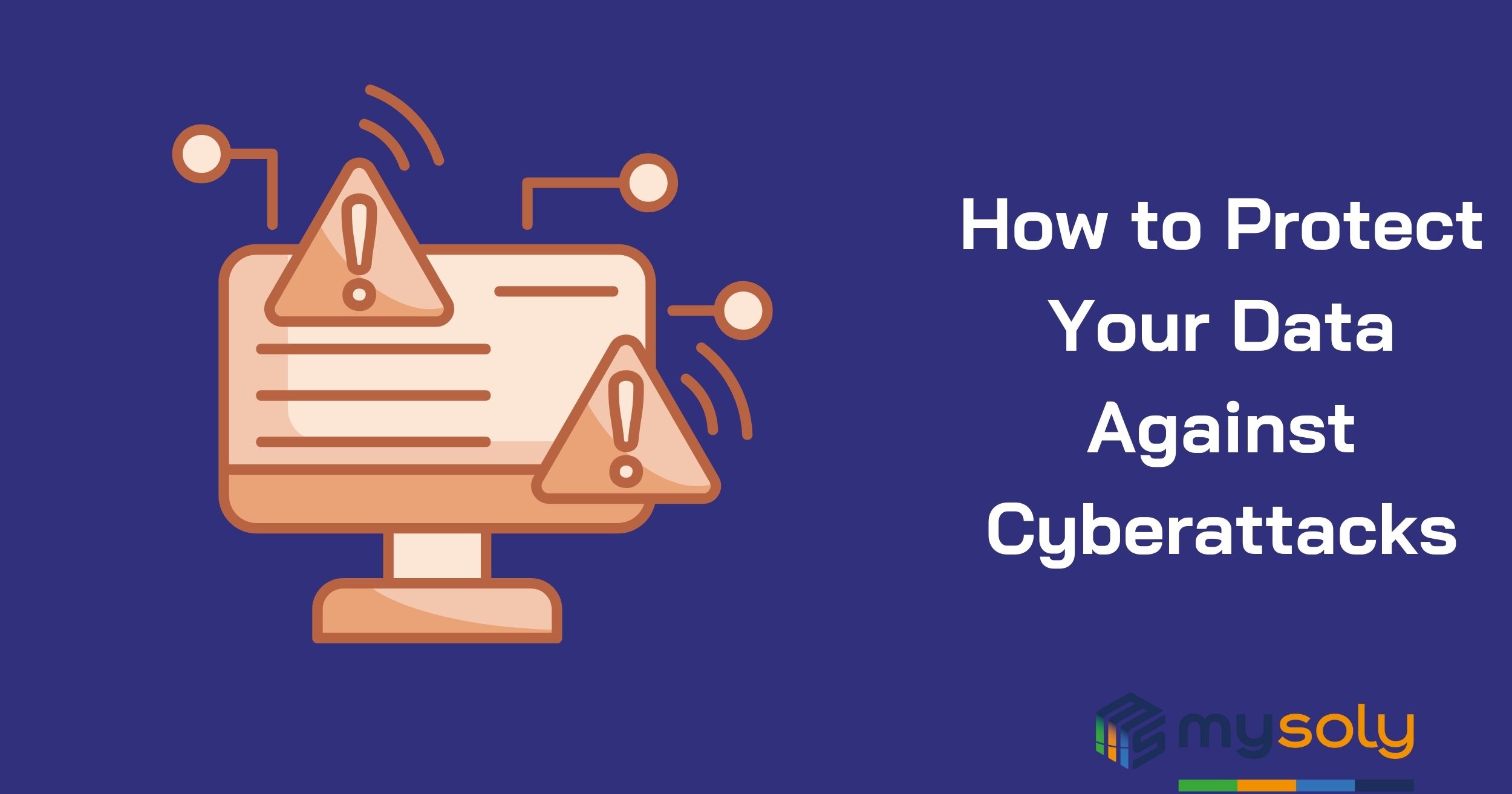How to Protect Your Data Against Cyberattacks
Introduction
As more and more organizations turn to the cloud to store and manage their data, it’s important to remember that the security of your data in the cloud is only as strong as the measures you put in place to protect it. Cyberattacks have become a trending topic. As a result of this, it’s crucial to stay informed about the latest threats and how to prevent them.
Here are topics to help you strengthen your digital defenses and keep your data safe.
Working With Trustworthy Cloud Providers
Selecting a reliable cloud provider is crucial in fortifying your digital infrastructure against DDoS attacks. Trustworthy cloud providers invest in robust infrastructure, offering specialized DDoS mitigation services. Through advanced technologies like Anycast, these providers can efficiently distribute and mitigate large-scale DDoS attacks, ensuring the continuous availability and resilience of your online services. By entrusting your data to a reputable cloud service, you enhance your defense against the ever-evolving landscape of cyber threats.
Effective Firewall Management
Securing your digital environment involves setting up firewalls, configuring security groups, and closing unnecessary ports. Firewalls act as the first line of defense, monitoring and controlling incoming and outgoing traffic. Security groups, commonly used in cloud environments, provide an additional layer of protection by defining rules for inbound and outbound traffic. Closing unnecessary ports further minimizes the attack surface, reducing the risk of unauthorized access. This comprehensive approach establishes a robust digital perimeter, safeguarding your systems against potential threats.

Empowering Developers with Secure Coding Practices
Developers, your role is vital in building strong digital defenses. To keep software safe, it’s essential to follow secure coding practices. This means sticking to coding standards, regularly checking for security issues, and staying updated on security trends. By making security a priority in your code, you’re not just creating robust applications; you’re also strengthening the overall cybersecurity of the systems you contribute to. This approach ensures that your software becomes a proactive shield against potential vulnerabilities.
Implementing MFA
In the realm of cybersecurity, Multi-Factor Authentication (MFA) stands as a powerful shield against unauthorized access. Applying MFA to root, admin, and SaaS admin..etc accounts adds an extra layer of protection, requiring users to verify their identity through multiple means such as passwords, biometrics, or authentication apps. This robust security measure significantly reduces the risk of unauthorized access, fortifying critical access points and enhancing the overall resilience of your digital infrastructure.
Storing Password With Hashing and Salting
Storing passwords using hash and salt is a fundamental practice in modern cybersecurity. Hashing involves converting passwords into irreversible, unique strings, while salting adds an extra layer of complexity by introducing random data. This method ensures that even if a database is compromised, attackers face significant hurdles in deciphering passwords. Implementing hash and salt techniques strengthens your overall security posture, safeguarding user credentials and sensitive information from potential breaches.
Encrypt Sensitive Data
When handling GDPR-sensitive data, prioritizing encryption is a must. Implementing encryption mechanisms provides a formidable defense, rendering sensitive information indecipherable to unauthorized entities. This proactive approach not only aligns with GDPR compliance but also establishes a robust barrier, ensuring the confidentiality and integrity of personal data.
Backup Your Data
Regularly back up your important data to an external hard drive, cloud service, or both. In the event of a cyberattack, having a recent backup ensures that you can recover your information without paying a ransom. Many of the trusted cloud providers have automated and encrypted backup solutions. By entrusting your data to these providers, you benefit from their robust infrastructure, redundant storage, and adherence to stringent security standards.

Regular Security Audits
Conduct regular security audits of your systems and networks. Identify and address any vulnerabilities proactively to minimize the risk of a successful cyberattack.
End-User Awareness
Educating users about cybersecurity best practices, recognizing phishing attempts, and understanding the importance of strong passwords and regular system updates are crucial aspects of fostering a resilient digital environment. By raising awareness among end-users, organizations can significantly reduce the risk of human-centric vulnerabilities, ultimately contributing to a more secure and vigilant user community.
Conclusion
By following these best practices, you can help ensure the security of your data in the cloud. Remember, the security of the cloud depends on your proactive measures against cyberattacks to protect your information.
Protect Your Business against Cyberattacks with Mysoly
If you’re looking to improve the security of your business and protect it from cyberattacks, we encourage you to reach out to Mysoly. Because our team of experienced security professionals is dedicated to keeping your data safe and secure. Besides, we use the latest technologies and techniques to protect your information and keep it out of the hands of hackers.
Don’t take chances with your business’s security – contact Mysoly today and let us help you protect your valuable information.
Mysoly | Your partner in digital!



